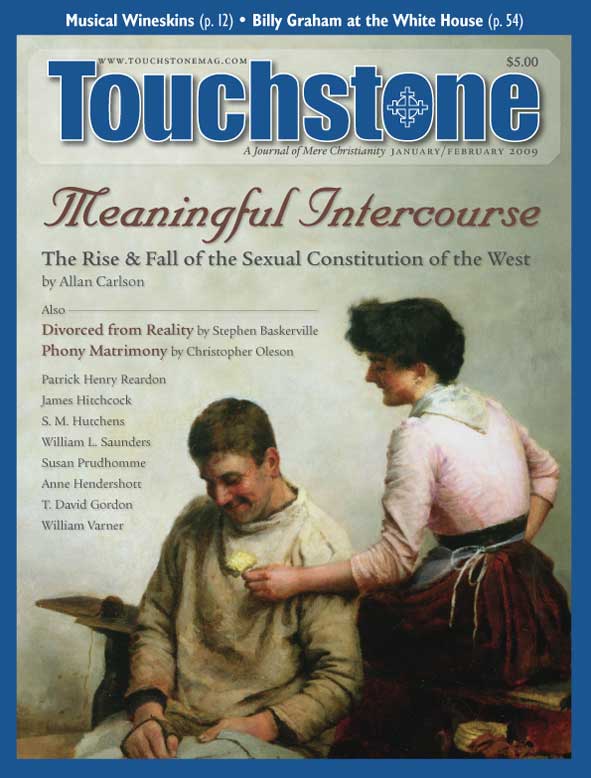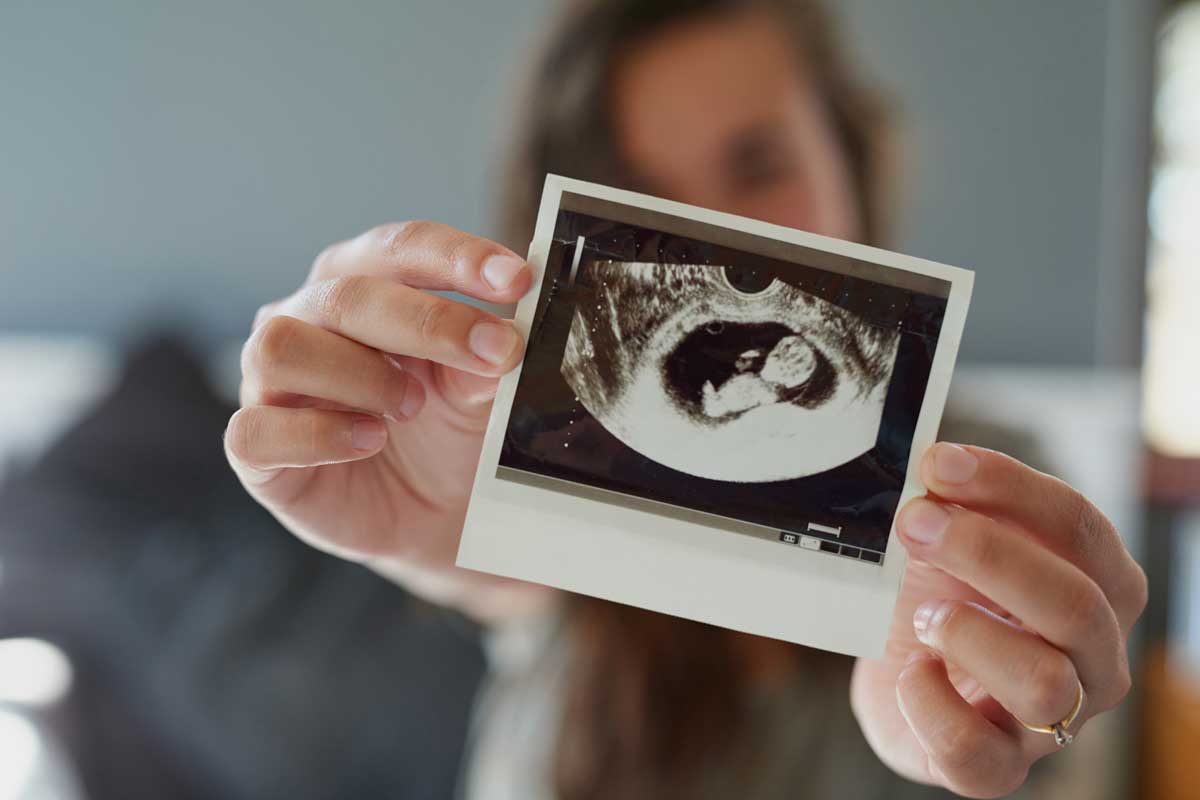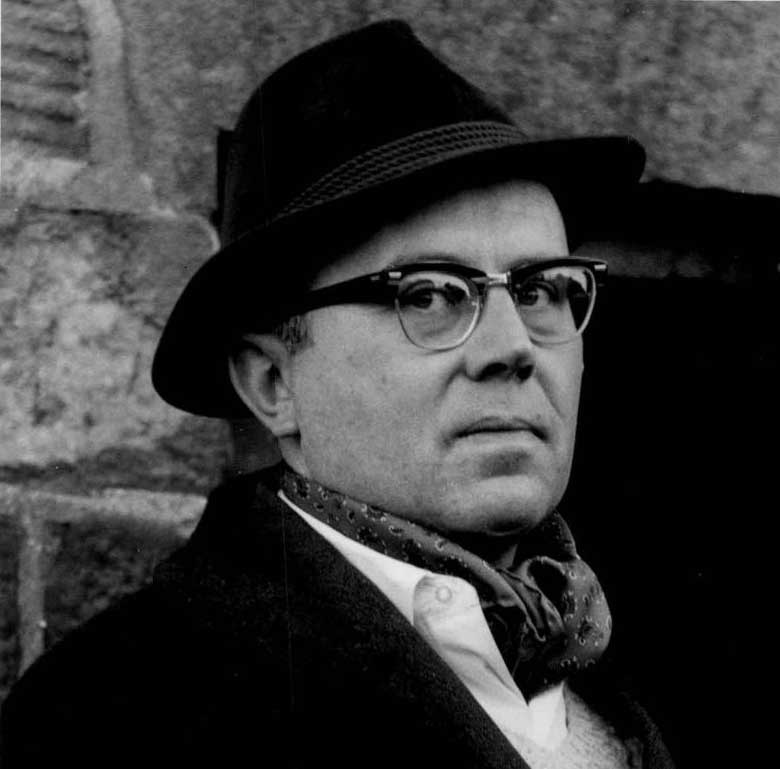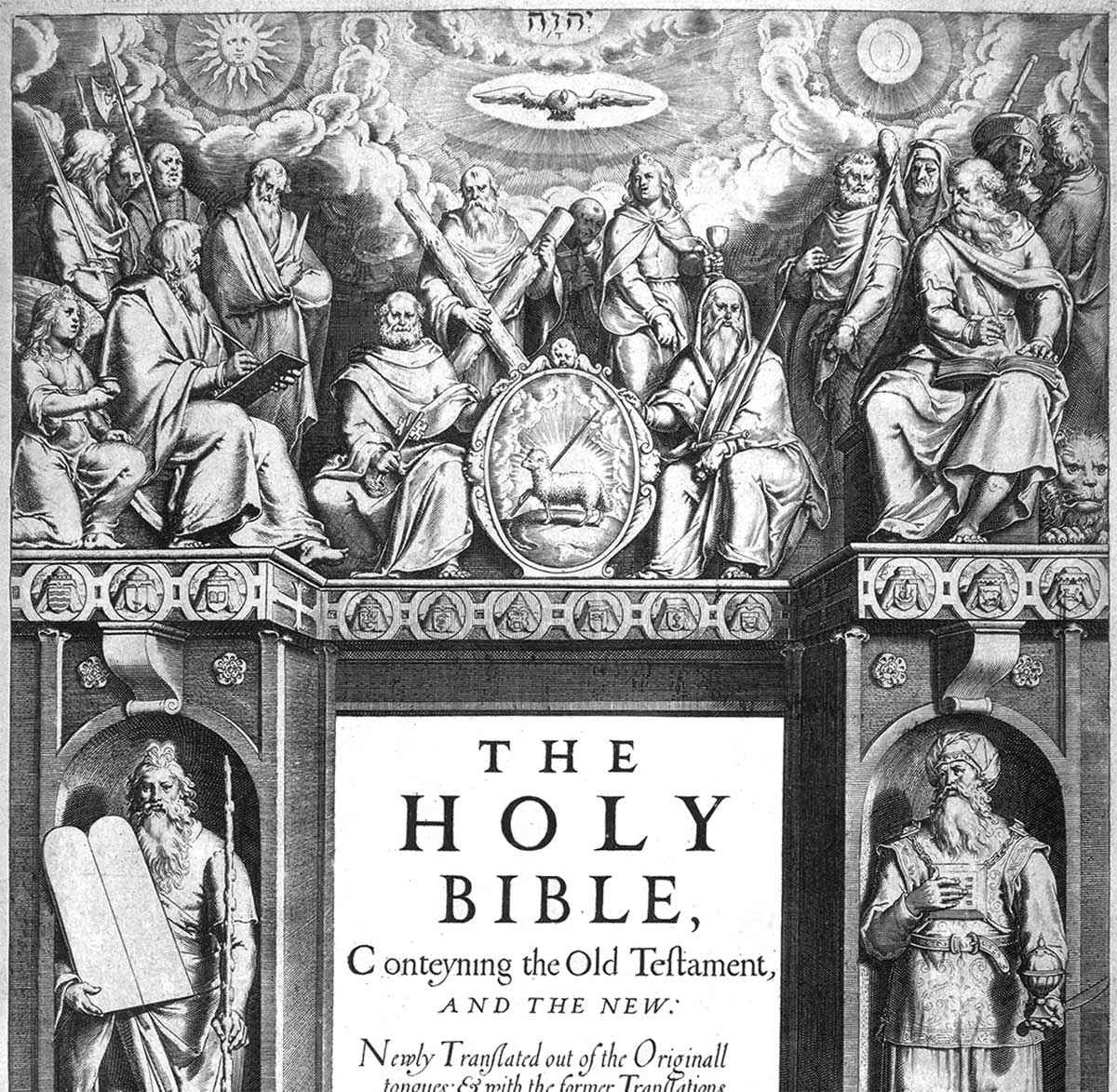Talking About Abortion
Susan Prudhomme on Facing the Pain & Joy of the Right Choice
It was my monthly visit to Philip’s hair salon, and as I sat in the chair while his scissors snipped away, we moved from discussing his daughter’s pregnancy to the well-worn subject of abortion. Philip prides himself on independent thinking, but living in the penumbra of San Francisco progressivism as we do, most of his clients and friends are decidedly liberal, and their supreme confidence in the rightness of “choice” makes disagreement appear positively medieval. I am probably one of very few conservative thinkers with whom he comes in contact, and he enjoys pushing my buttons a bit to see how I will respond. To his credit, he listens, and considers what I say with courtesy and respect.
For Philip, the controversy has a personal component. Long before Roe v. Wade, his mother became pregnant with a fifth child. She was divorced and trying desperately to support, alone, the four children she already had. Another pregnancy spelled disaster to her. Unable to secure a legal abortion, she managed the job herself, at great risk and pain, with the proverbial wire coat hanger.
Philip’s view of the matter, as one might expect of a loyal son, is that his mother was victimized by a heartless, judgmental society. As he sees it, she took the only course open to her to protect herself and her other children from ruin, and he both admires her for her courage and defends her decision and her right to have made it.
Not Judging & Pre-Judging
To almost everyone, her story demonstrates the need for a compassionate response to women in crisis pregnancies. But to Philip, it also means a dilemma. If he acknowledges what he knows in his heart, that abortion is objectively wrong, then he must revise his view of his own mother, for whom he enjoys feeling both admiration and a manly protectiveness.
He tries to resolve the dilemma by the conflicting assertions that although abortion is an evil, it is a private matter, to be decided by those involved. As he sees it, his mother had to accept the fact that her fifth child would have little chance for a fulfilling life, and would by his needs have overburdened the rest of the family’s resources and ruined their lives as well. Her choice was the lesser of two evils.
I always hear Philip’s story with sadness, for his mother and for all women who find themselves in such a dire predicament. But I, also, come to this controversy with a personal perspective. As I grew into adulthood, I learned that, while carrying me, my mother had not been thrilled at the prospect of another child. She felt that her family was complete with the two children she already had; but more critically, her doctor had advised her not to become pregnant again because of the risk caused by serious medical issues. I suspect that had abortion been legal at the time, she might have been strongly urged, and tempted, to take that option.
Nevertheless, I was born. And, in the way of things, I was cared for along with my siblings. I have lived and learned and loved, and hope I have made a positive contribution to the world.
Reflecting on my own story, I find my hackles rising whenever I hear the slogan “Every child a wanted child” and similar sentiments, as though one is doing a child a favor by denying it life. Do the people who chant these slogans really imagine that those whose lives are less than ideal feel cheated that they were allowed to live? And how is it that those who are so famously adamant about refusing to judge others take it upon themselves to pre-judge the “quality” of a nascent life and find it not worth living, or to assume that the mother’s life (even if a very young girl) will be ruined by her child’s presence in the world?
And so we see, in this microcosm of two people in a hair salon, the conflict that rages through our country. All of us see that there can be extenuating circumstances. Yet some of us are able to acknowledge them as conditions that might lead to an abortion without losing sight of abortion’s essential wrongness, while others see them as excuses that negate the wrong and even make abortion appear noble and loving.
For my part, I respect and to some extent sympathize with those who want to protect unhappily pregnant women from social marginalization, lost opportunities, and interrupted dreams. Compassion is in order. But it does not seem to me that relieving a woman, however young, of the responsibility to accept the consequences of her actions, especially by committing another and greater wrong, is truly loving or compassionate. It is only in acknowledging our wrongdoing, and accepting responsibility, that we can come to repentance; and it is only by repentance that we can receive forgiveness. To encourage a woman to avoid the pain of this process is to deprive her of the only true healing of her condition.
Redeeming Pain
And so Philip and I continue our monthly talks. He throws out ideas in support of abortion, and I listen, consider, and point out the fallacies. He listens, and tucks my comments away in his mind. Gradually, I think, his ideas are refocusing. With a pregnant daughter, he is looking with new eyes at pictures of babies in the womb, and seeing that they are truly human beings, even in the early stages. Perhaps he is allowing himself to imagine that very real little one whose life was cut off, who might have been a known and loved brother or sister. He may have to grieve, or even acknowledge wrongdoing in his beloved mother. If that happens, it will be painful, yet I think also eventually redeeming.
Any such moral awakening brings great pain. I know because I have also been on the other side. As a counselor at Planned Parenthood during my college years, I swallowed whole the dogma that no unmarried young girl should carry a pregnancy to term, and I “helped” quite a few to choose abortion. It took many years before I could come to terms with my own guilt and find the release of forgiveness.
Out of my own experience, I know that it is no wonder there is such resistance to the truth. This is not just a matter of abstract moral theology. Real people have heavy emotional investments on both sides of the matter. For those of us who are at peace with God on this issue, there is a responsibility: to practice and lead others to the truth with compassion and gentleness, and to offer, always, a witness to the availability, and to the joy and release, of forgiveness.
subscription options
Order
Print/Online Subscription

Get six issues (one year) of Touchstone PLUS full online access including pdf downloads for only $39.95. That's only $3.34 per month!
Order
Online Only
Subscription

Get a one-year full-access subscription to the Touchstone online archives for only $19.95. That's only $1.66 per month!
bulk subscriptions
Order Touchstone subscriptions in bulk and save $10 per sub! Each subscription includes 6 issues of Touchstone plus full online access to touchstonemag.com—including archives, videos, and pdf downloads of recent issues for only $29.95 each! Great for churches or study groups.
Transactions will be processed on a secure server.
more on abortion from the online archives
more from the online archives
calling all readers
Please Donate
"There are magazines worth reading but few worth saving . . . Touchstone is just such a magazine."
—Alice von Hildebrand
"Here we do not concede one square millimeter of territory to falsehood, folly, contemporary sentimentality, or fashion. We speak the truth, and let God be our judge. . . . Touchstone is the one committedly Christian conservative journal."
—Anthony Esolen, Touchstone senior editor












